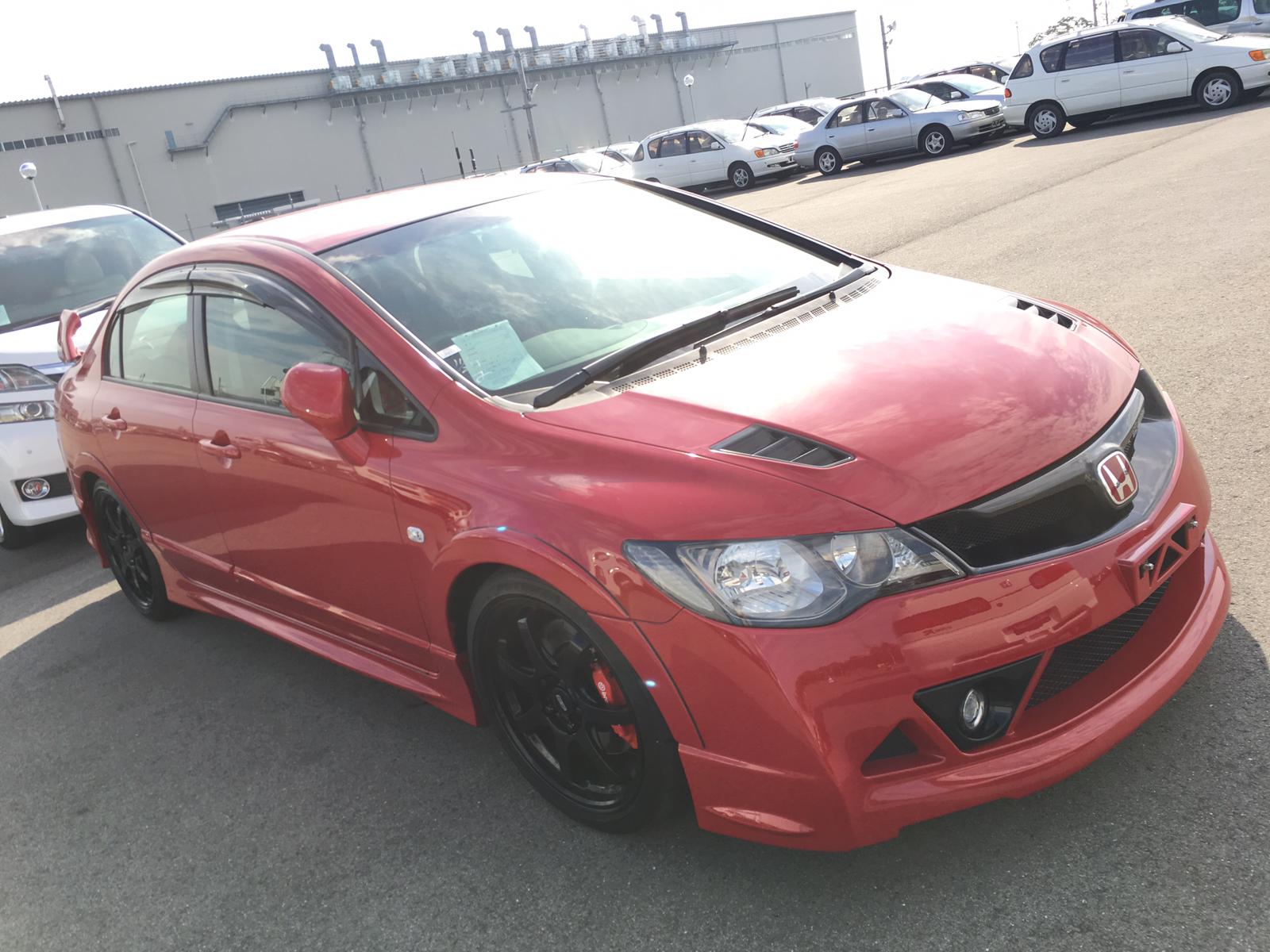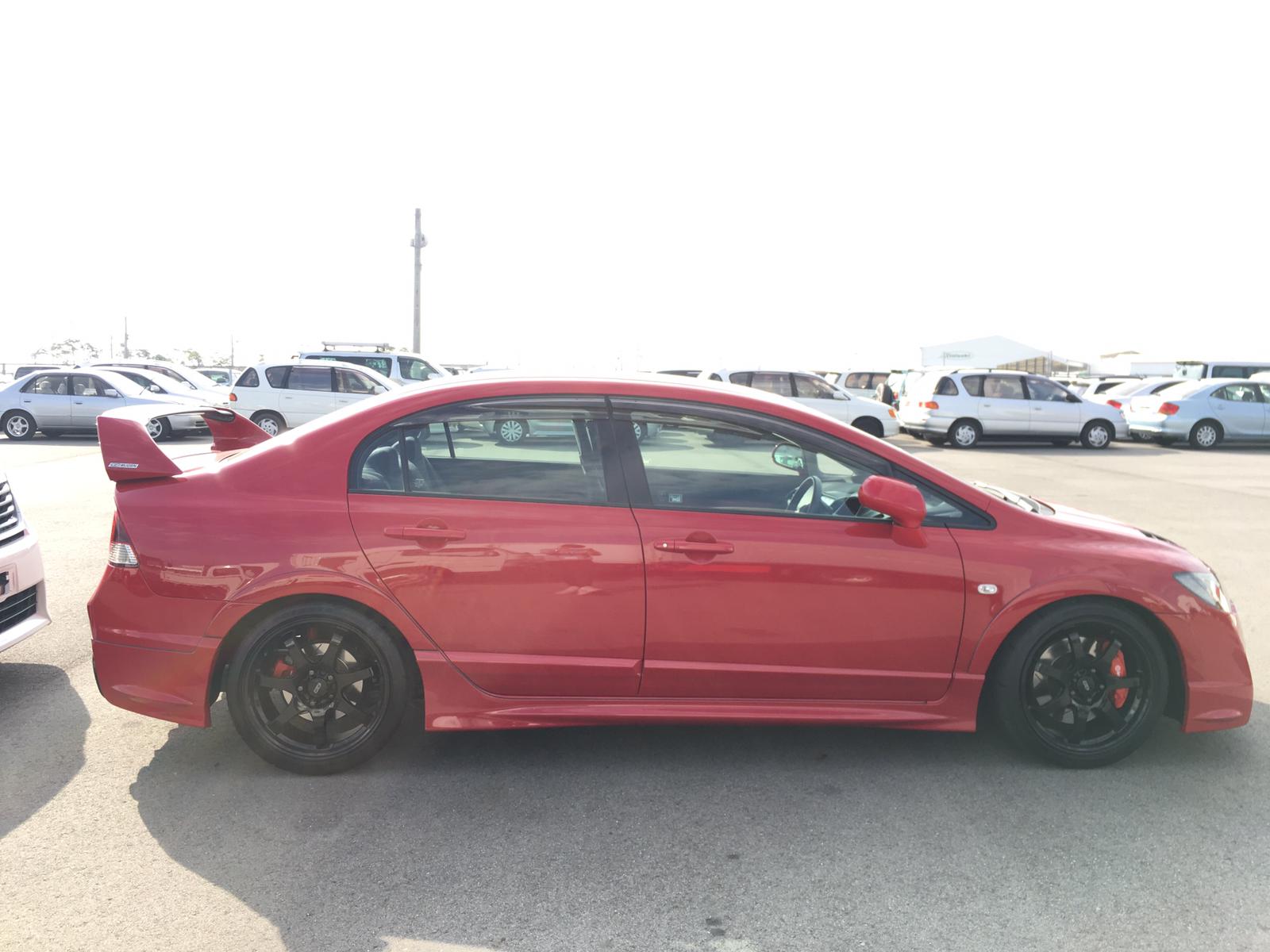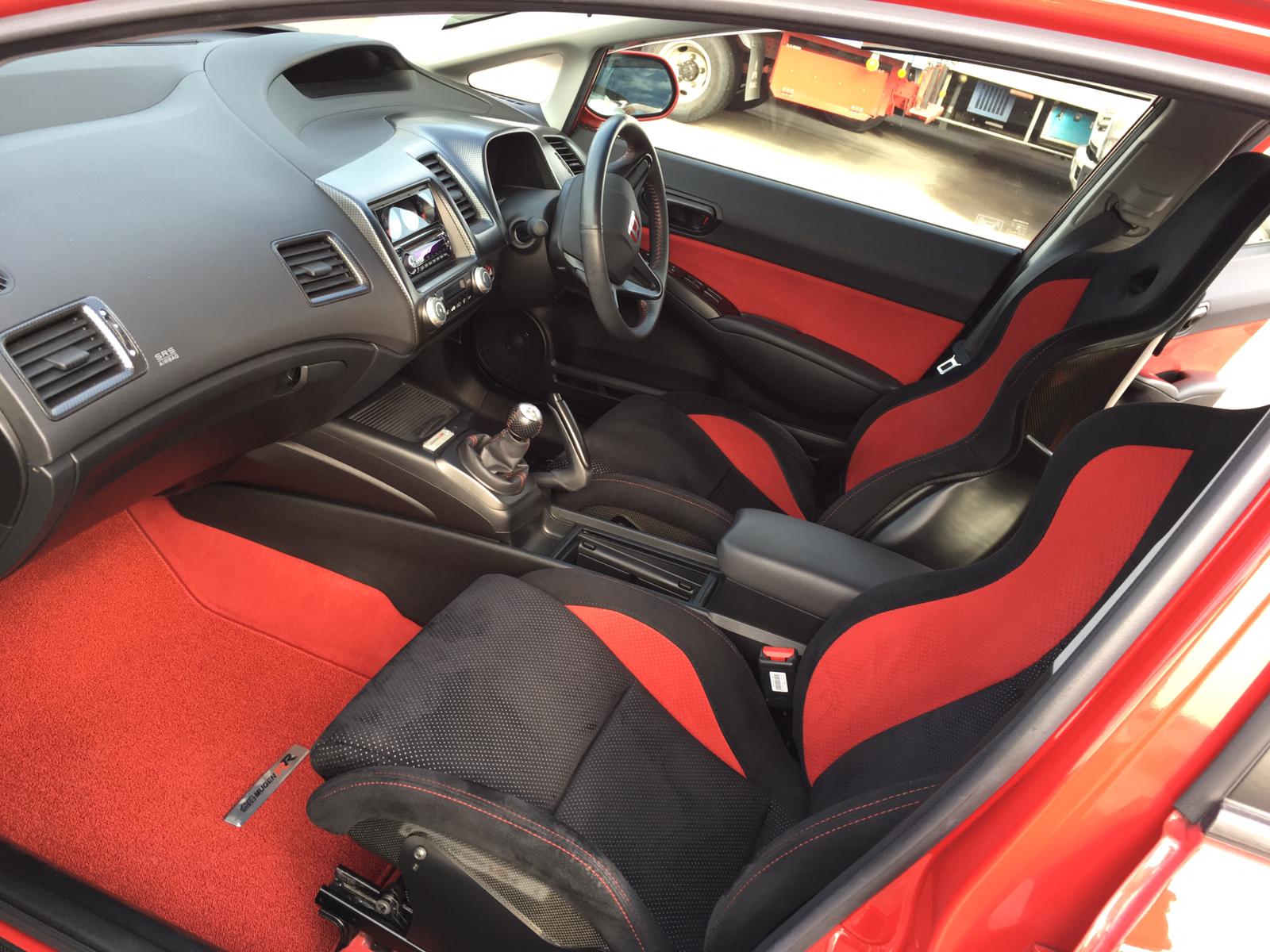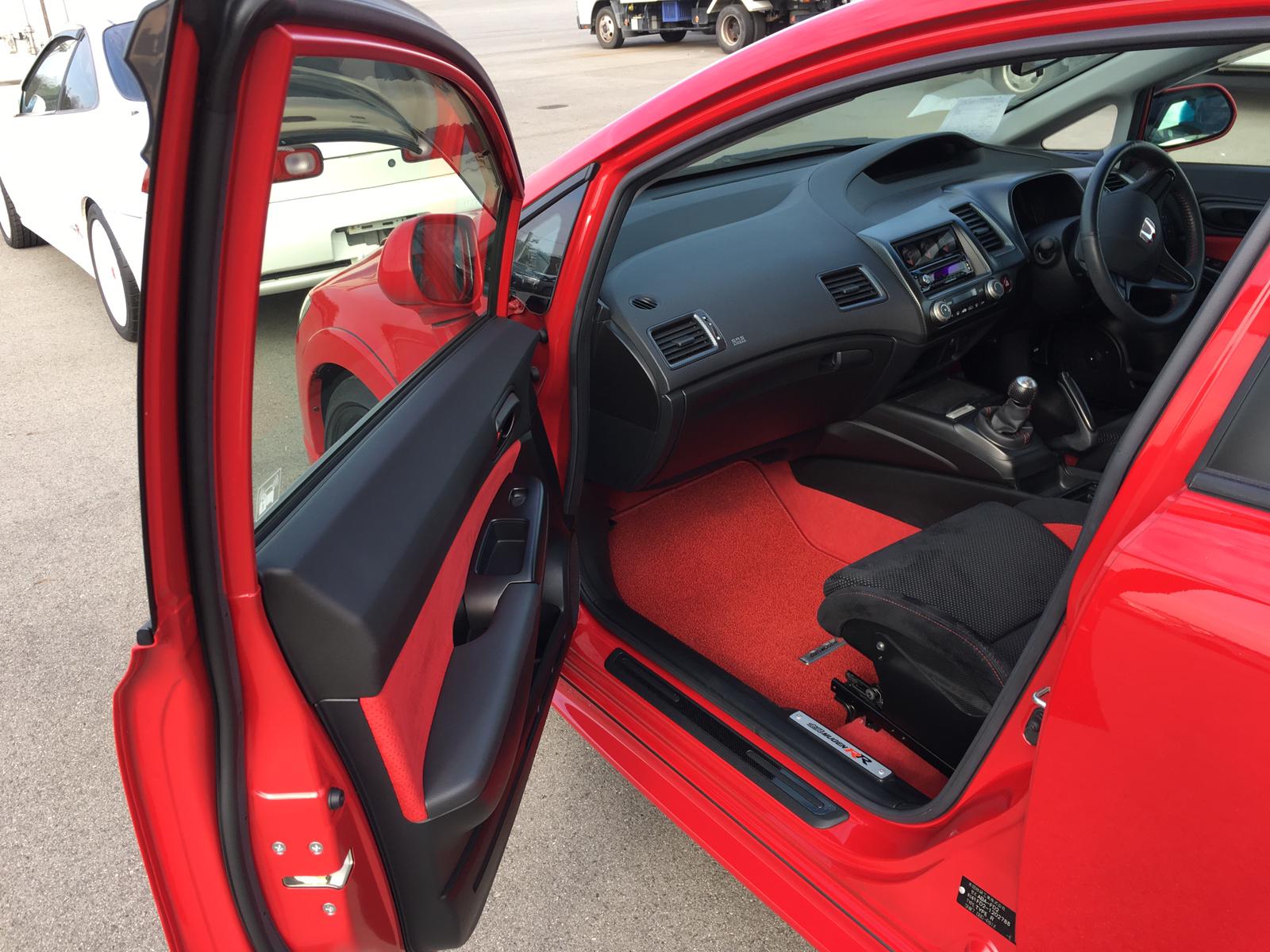How much do I need to pay up front?
The deposit amounts vary depending on vehicle. Deposits start from just £550 inc VAT.
This deposit is 100% refundable until such a point a successful bid on a car of your choice has occurred.
Why do I need to pay a deposit?
In order for us to give you our full attention we ask for a deposit to be in place.
We can then start actively searching the auctions and our trusted dealer network to find you a car that meets your requirements. We cannot bid, inspect or enquire about any car without a deposit being in place.
We only take one deposit per make and model of vehicle which means, you will have refusal on any make/model vehicle you have paid a deposit on.
I've seen a car listed on a Japanese car sale site, can you give me a price?
We buy cars from dealers frequently. Many are listed on our dealer network as well as Goo-net Exchange and often our price is considerably cheaper!
On many occasions we can purchase the car without the need for a Shaken, warranty and on a wholsale basis so the price you pay for the vehicle will be less than the advertised price.
We have a team of inspectors throughout Japan so it may be possible to inspect the vehicle.
I've seen a car listed on another auction site, can you give me a price?
There are over 250 auction houses in Japan. Some are large auction houses that list 10,000s of cars a week. Others are small houses that only pass through 100-500 cars a week.
Some of the smaller houses aren't very accurate with grading and the auction sheets aren't detailed. Use our Auction House Guide to view all the auction houses we buy from and their rating. We have rated the following:
- Auction Size
- Grading Accuracy
- Grade Sheet Standard
- Overall
- Transport Cost
The further the auction house is from Osaka, the greater the transportation cost within Japan. This also needs to be factored in when calculating a bid price.
How accurate are the auction sheets? Can they be trusted?
Japanese car auction inspectors do a good job of inspecting vehicles, but that doesn't mean they are perfect. There are limitations which you should bear in mind.
First of all, consider the fact that the auction facility is like a parking lot. Some are quite small, and some (like USS Tokyo or HAA Kobe) are very large. But all of them have in common the fact that they are basically car parks. So one of the biggest limitations of the inspections is that the cars are not driven at speeds higher than you would expect in a parking lot. If a car has an issue that only shows itself when the car gets into fifth gear at 50 miles per hour, then there is clearly no way the auction inspector is going to pick this up.
Secondly, you have to remember that most of these cars are trade-ins. Whereas a car dealer selling to a customer will give the car a full service before handing it over, auction sellers are putting their cars in the auctions "as-is".
What that means is that the car may well do fine in the inspection, but after that it will be transported to our facility in Osaka and we then wash the car, check it over and test drive it. So, while the car may well have been fine when the inspector saw it, you need to take into account that there may be minor problems that need attention.
We always recommend buying from a reputable auction house and/or from one of the houses we can inspect the vehicles at. This is a far safer way to buy and mitigates almost all the risk from buying at auction.
This is a system that's been refined and improved over the years and is trusted by Japanese buyers and international buyers alike.
What are the overall grades? What do they mean? What do all the numbers and letters on the auction sheet mean?
All of the grading information can be seen on our Understanding Grade Sheets page.
Start prices and reserve prices
When you use our Live Auction system, you will find that even similar cars may have wildly varying start prices.
The start price is simply the price at which bidding is going to start (as the name suggests). It has no real bearing on the final hammer price.
The only information you can get from the start price is that it tells you the lowest amount you can bid. The amount a car will end up selling for will be the value the market assigns to it through competition with other bidders, and with reference to similar vehicles sold in the past.
Rather than looking at the start price, how much you decide to bid needs to be based on your budget and what similar cars are being sold for at the auctions in Japan. You can view similar sold cars using the "market conditions" tab on a live listing to see what other vehicles have sold around the same mileage and grade.
Japan's car auctions are no different to any other auction. Each car has its own reserve price. So what do you need to know about reserve prices as a buyer? Reserve prices are rarely mentioned on the auction sheet. If a car is not expected to sell for very much, then the price at which bidding starts (the start price) may be set as the reserve price.
If the auction doesn't hit reserve then the car may go into "Negotiation" or "Nego". The highest bidder gets first refusal and the start price for Nego is determined by the seller. Cars often sell through Nego, and this can be a sound way to secure a car away from other bidders bidding the price up.
What other costs are there?
Once we have been successful and a car is secured there are number of costs in Japan:
- Agent Fee - this is the fee our partner in Japan charges to handle the Japanese side of the transaction
- Auction House Charge - this is the broker fee that has to be paid to the Auction House
- Recycle Fee - Varies based on Auction House and vehicle type
- Inland Transport Cost - Varies with distance from auction house to Osaka. This is covered on our Auction House Guide
- Japanese Customs Charge - A fee payable to Japanese authorities to clear customs and allow exportation
- Bank Charge - a flat rate charge raised by the receieving bank in Japan
- Shipping Charge - Varies based on volume/cm3 of the vehicle
- Marine Insurance Charge - Insurance to cover total loss at sea
These costs need to be covered before we can export the vehicle from Japan. Once the car is loaded onto the vessel it can take between 7-9 weeks to land in Newcastle.
Then the balance becomes payable in 2 payments. The first to NSA (Nissan Shipping) for:
- HMRC Duty
- HMRC VAT
- Customs Clearance Charge
The final balance paid varies based on the prep package you've chosen with us. These can be viewed here.
Extras such as tyres, brake pads and other parts that need replacing either at your request or due to MOT failure are down to you. We offer parts and tyre sourcing at trade price. We do our best to gauge condition after auction with on-ramp inspections; however, buying used cars isn't without problems and expecting a 15 year old car to be absolutely perfect is not reasonable or realistic.
We also offer other services such as alarms, trackers and UK stereos.
Is my car secure in Japan after I purchase?
Absolutely. Unlike many other importers we don't have the cars shipped to the docks directly from the auction houses where they can sit for weeks until they ship.
Our staff in Japan have the cars shipped to their facility in Osaka. There the vehicles undergo a thorough inspection, are cleaned and 40-60 high resolution photos are taken.



Once we have a shipping date the relevant actions are taken to have the cars shipped to the docks where they are safely loaded into vessel. At every stage through our process your car is insured.
Can I pay in instalments?
Our Private Import Service means that technically you are paying in installments. A total of 4 payments are made from the time we start searching to the time your dream car arrives in the UK.
- Deposit: £550-£6,000 inc VAT (depending on vehicle).
- Japanese Costs: This is paid to our partner in Japan after the vehicle is secured.
- Customs Charges: Raised by Nissan Shipping normally around 10 weeks from winning the vehicle.
- UK Prep: Varies depending on the level of prep you have chosen. This is also including VAT. This is payable once the vehicle clears customs.
What methods of payment are accepted?
- Deposit: BACS/Transfer, PayPal or Debit/Credit Card.
- Japanese Costs: BACS/Transfer only to our Japanese Yen client account (supplied by FiscalFX).
- Customs Charges: BACS/Transfer only to NSA.
- UK Prep: BACS/Transfer, PayPal or Debit/Credit Card.
How do you ship the cars from Japan?
We ship all vehicles RORO. The easiest way to think about it is to imagine a RORO (also written "Ro-Ro") ship as a giant car ferry. Vehicles are driven on and off the ship by port workers called stevedores, hence the name - Roll On Roll Off.
Within the RORO world, there are two major divisions - the PCC (Pure Car Carrier) vessels that are for cars only, and PCTC (Pure Car Truck Carrier) carry both regular passenger cars as well as larger vehicles, like trucks and buses.
From your point of view as a customer, it makes no difference whether your car is shipped by PCC or PCTC. All you really need to know is that these ships are like giant floating parking lots that move new and used vehicles around the world.
What are the advantages of RORO shipping?
First of all, RORO shipping tends to be cheaper. Since the cars are simply driven on and off, there is no need to use extra materials (like a container and materials to load the car), nor does it take as many man hours per car to prepare the vehicle for shipping.
When we receive the car at our end, we can just go pick it up and drive it (or have it transported) away. There's no need to extract it from a container, which can require some equipment and skill if you have more than 2 cars loaded in the container.
Can I track my car once it has shipped from Japan?
You can track the vessel via the Marine Traffic website.
How long does the process take?
Generally the process takes 12-14 weeks from securing a car to driving away in the UK. Cars that require an IVA can take a further week to prep and IVA.
What is included in the UK prep?
We offer a range of prep packages depending on your budget. The price varies depending on the level of prep.
How much do you charge for your service?
Our fee varies depending on the value of the vehicle.
I am struggling to get Insurance?
Insuring imports in the 90s was a minefield! Luckily there is now some common sense so many mainstream insurers such as Admiral now offer cover on imports.
We also have an insurance partner, Advance Insurance that will be more than happy to help..
